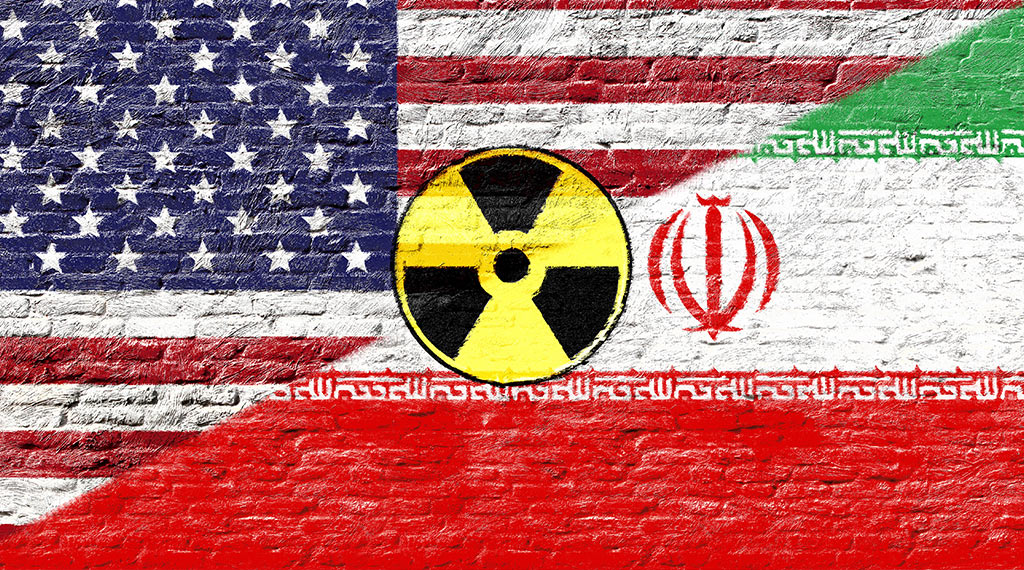
As the negotiations to salvage the 2015 Iran nuclear deal reach a critical stage, disagreements have emerged among American diplomats — who are playing an indirect role in the talks in Vienna — over how firm Washington should be with Tehran and when to say, “Enough, this ship has sailed.”
Richard Nephew, the US deputy special envoy for Iran and principal architect of the economic sanctions on Tehran, left the team last week after calling for a tougher stance. At least one other member of the US negotiating team also quit. Some even wanted to pull out entirely when new Iranian negotiators appointed by hard-line President Ebrahim Raisi following his election last year reversed most of the concessions made by their predecessors.
It is no surprise to see that the already-lenient US posture is gradually getting softer, since the negotiations are led by Robert Malley, who was the lead Joint Comprehensive Plan of Action negotiator under President Barack Obama when the original deal was signed. He naturally wants to revive what he considers his own deal at any price.
Tehran knows how fragile this US administration is. It can procrastinate until the November midterm elections to gain more leverage and ensure all its demands are met.
On Friday, Iranian Foreign Minister Hossein Amir-Abdollahian expressed his deep distrust in the White House during a phone call with UN Secretary-General Antonio Guterres. He called on the US and its European allies to take practical and tangible measures in order to reach a sustainable and reliable agreement. From the Iranian point of view, a sustainable deal means one that no future American president can amend or cancel, which is impossible.
It is easy to understand why the pro-Iran Houthi militia was last year removed from the State Department’s list of foreign terrorist organizations, even though the terrorist group continued to launch drone attacks against military and civilian facilities in Saudi Arabia. It has recently also extended its attacks to the UAE. This is in addition to the US’ tolerance of attacks by pro-Iran militias against its military bases and personnel in Iraq.
Click HERE to read more.
- Mamdani’s Mayoral Bid Reflects Rising Alliance Between America’s Democratic Socialists and Radical Political Islam - August 18, 2025
- Jordan arrests a wake-up call to Muslim Brotherhood threat - April 21, 2025
- Giving Muslim Extremists a Pass Is Reflected in Canada’s New Guide to ‘Islamophobia’ - March 27, 2025
